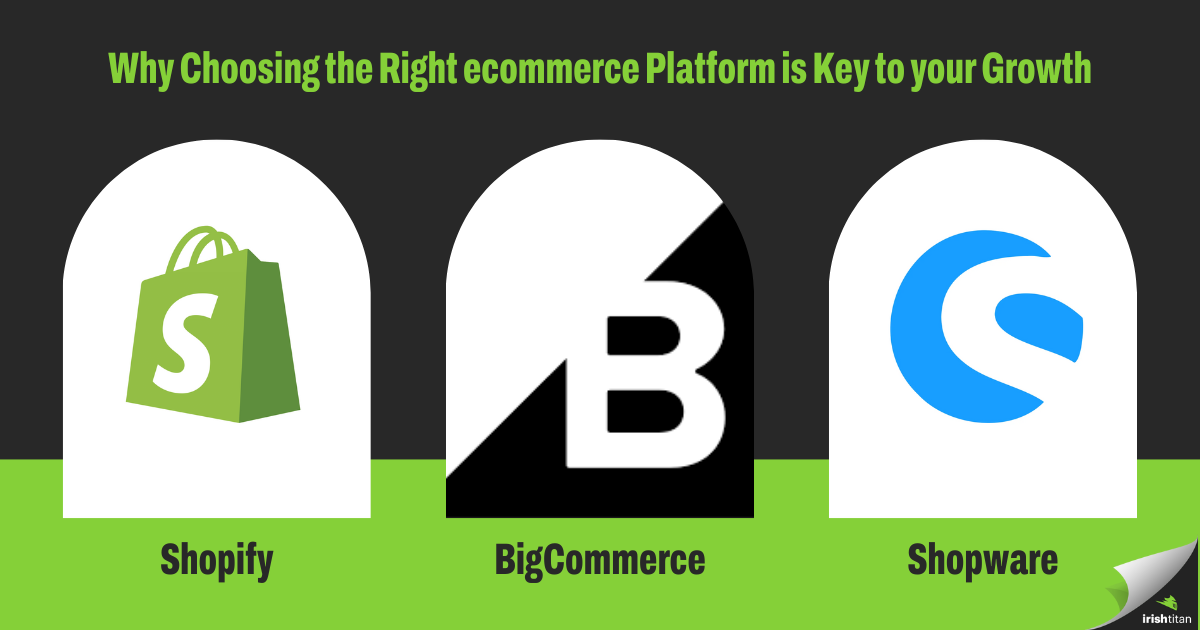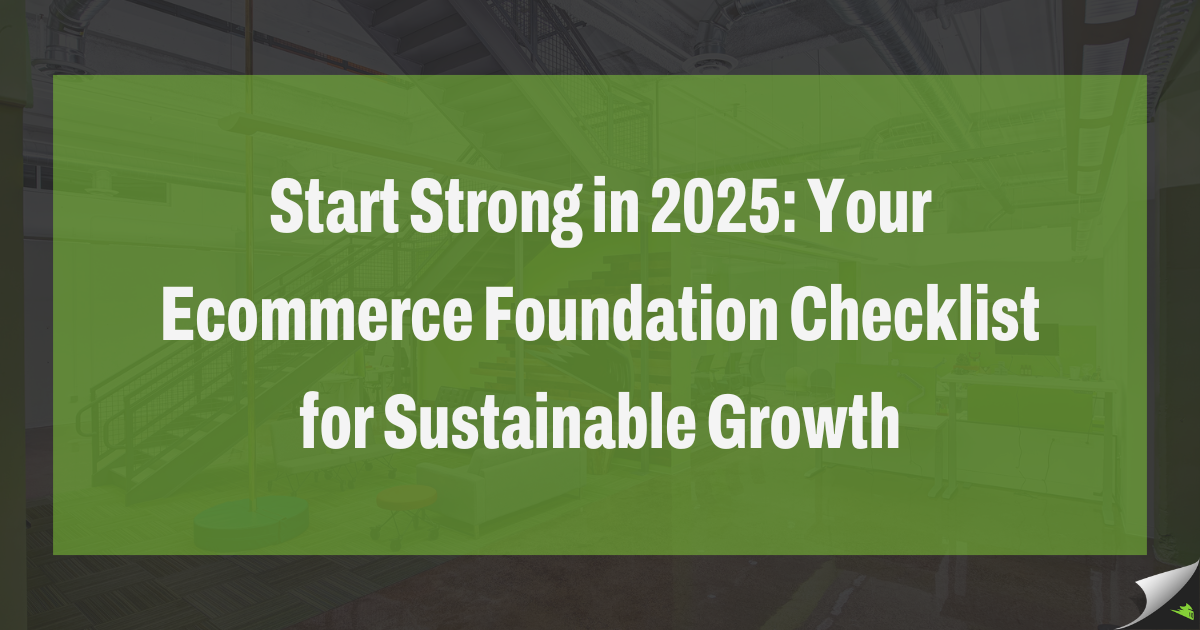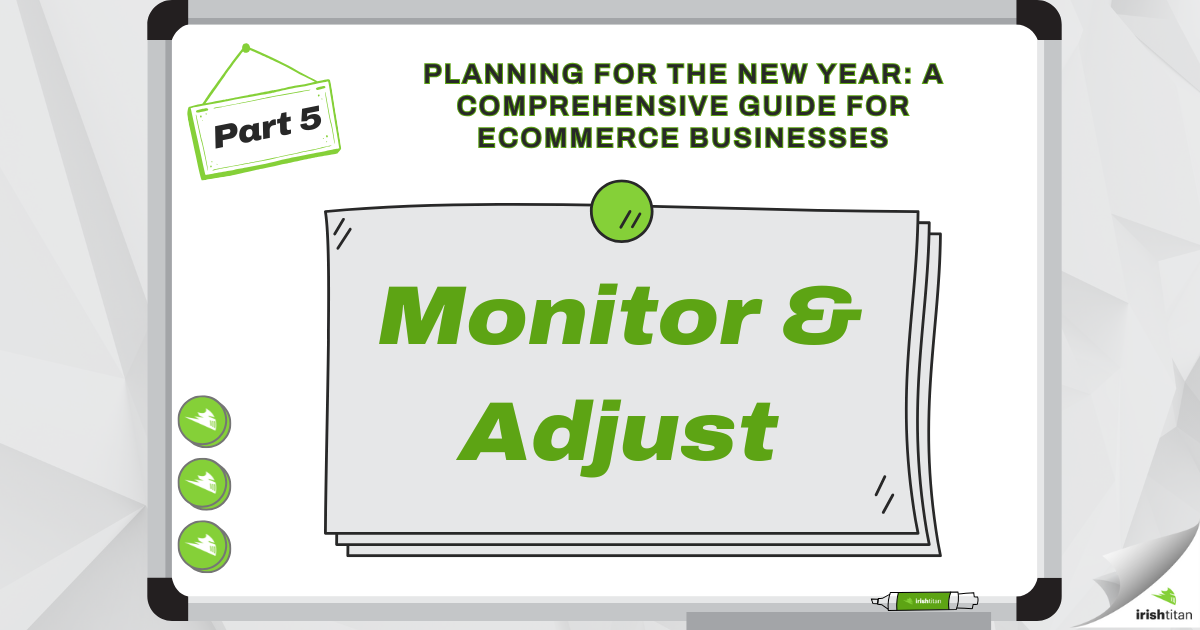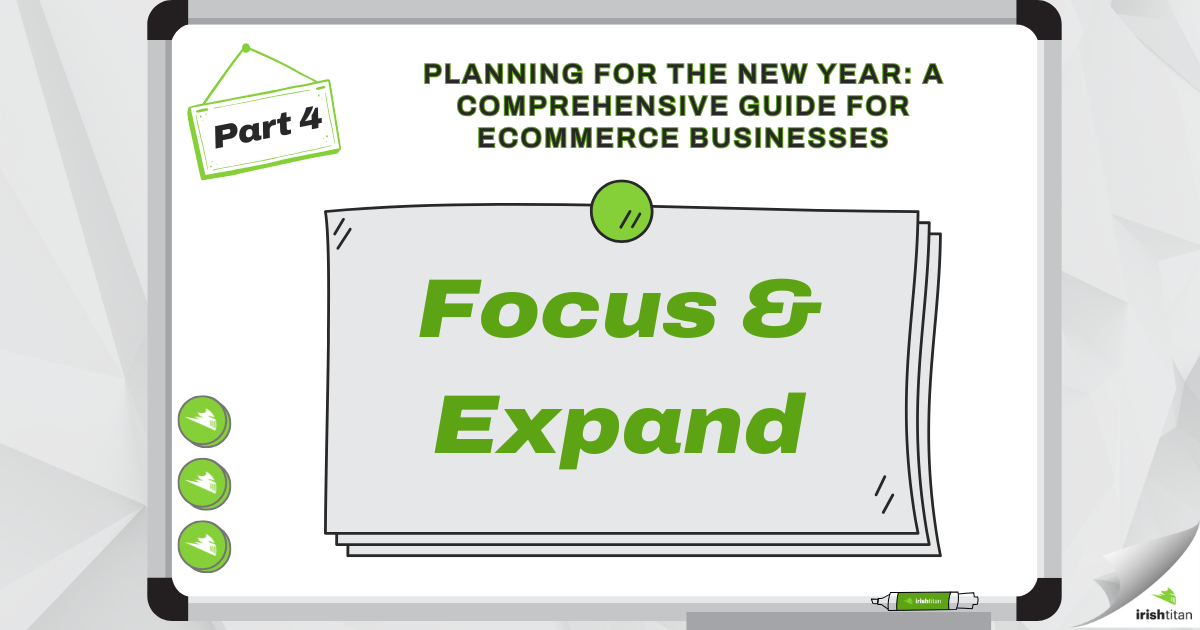5 Activities to Encourage Customer Loyalty in Ecommerce
Google’s Larry Page once said that “competition is one click away,” and never has that been truer than in today’s ecommerce landscape. Marketers have sharpened their skills, many organizations have learned lessons the hard way (and are stronger for it), and then there’s the constant elephant in the room: Amazon.
All that choice means consumers can be pretty fickle, especially if marketers fail to provide them with reasons not to be. Ecomm professionals need to give consumers a reason to love them, to become endeared to them, and in many cases to think about going to them for reasons other than price.
Quality and Service Beat Out Price
In a brand loyalty survey, Zendesk found that while the price is, of course, important, it’s not the primary factor driving consumer loyalty. Instead, they said, customer loyalty comes from offering a great product and service that focuses on customer satisfaction.
These survey results should provide great hope to those brands whose aim is to delight customers and create advocates, but who may not necessarily win every time on price.
Thankfully, there’s a number of activities ecommerce practitioners can take on to encourage just this type of customer loyalty.
1) Understand and Document Customer Needs
You can’t effectively address customer needs if you don’t have a common understanding of them. And, of course, if you don’t address customer needs you can forget about them becoming loyal to the brand. Additionally, if customer needs are not documented and introduced to new team members, consistency suffers and institutional knowledge can be lost.
User personas and journeys can then inform content and social strategies, customer outreach, user experience and visual design, and in various ways virtually all other marketing activities.
2) Strong Customer Support, Responsiveness Across Channels
Customer support doesn’t come cheap, especially if consumer expectations require timely responses via on-site chat functionality, Facebook Messenger, Twitter Direct Messages, and other channels. Still, quality customer service and responsiveness is high on the list of brand experiences that encourage loyalty (72% of Zendesk’s respondents).
It’s important to meet consumers’ increasingly high expectations when it comes to easy and open communication. As we said, it doesn’t come cheap, but when done correctly a focus on customer-centric communication is another way you can find your fervent brand advocates and overcome the race to the bottom when it comes to price.
3) Streamline Communications Through Marketing Automation
Marketing automation uses software to, as you might guess, automate marketing activities. The undertaking in no way means marketers can flip a switch and be entirely hands-off, but it does mean prospects can be more easily and effectively nurtured throughout the marketing funnel.
That is done by providing the right content at the right time to the right users. Communications are initiated based on specific user actions, pages visited on the company website, user interactions with email campaigns, or other user activities.
With active management, automation platforms can help marketers not only streamline customer communications but personalize those communications for a highly effective experience tailor made to encourage customer loyalty.
4) Identify Brand Values, Adhere to Them, and Let Them Be Known
Core values are important for any business to develop and communicate. Not only do strongly established values help a business relate to consumers, but values also enhance the brand by ensuring it’s seen as more than just a series of products.
Your brand is unique; as a result of the values your business holds dear represent another opportunity to set yourself apart from competitors, encourage brand loyalty, and increase repeat purchases.
5) Personalize Whenever Possible
In addition to personalizing external messaging through marketing automation, the user experience on a brand’s website can also benefit from personalization.
According to research from Accenture, 75% of consumers are more likely to make a purchase from a retailer that knows them by name, knows their purchase history, or recommends products based on past purchases.
In other words, after winning return customers by understanding and meeting their unique needs and challenges, communicating with them in ways they find beneficial, and helping them understand and appreciate brand values, it’s not yet enough to consider your job done. Instead, the brand experience you’ve been working so hard to cultivate should be carried through to the website to provide a truly unique on-site experience.
Summary
Implementing sophisticated retention strategies based on the unique wants and needs of your consumers is no small undertaking, but the long-term benefits of fostering real connections can pay dividends. By doing so an organization can rise above the fray and engender real loyalty from long-term brand advocates who have little interest in going to your competitors, whether they are just a click away or not.
More from Ecommerce...
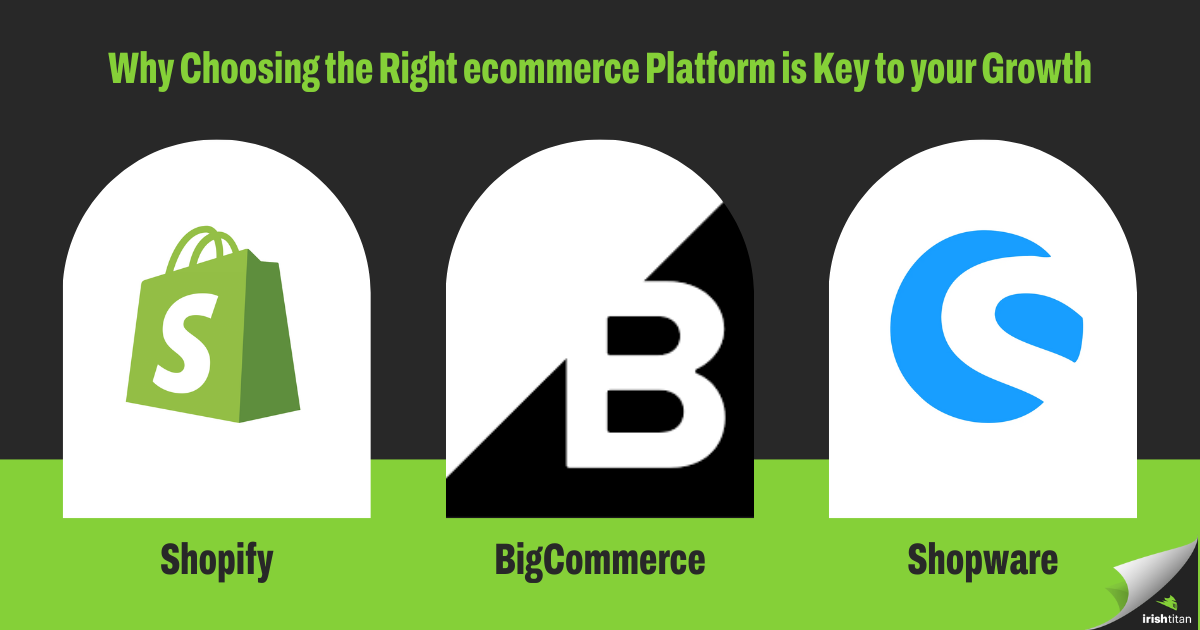
Your ecommerce platform is the nucleus of your business and choosing the right platform for your website is the essential nutrient for longevity and growth of your business.
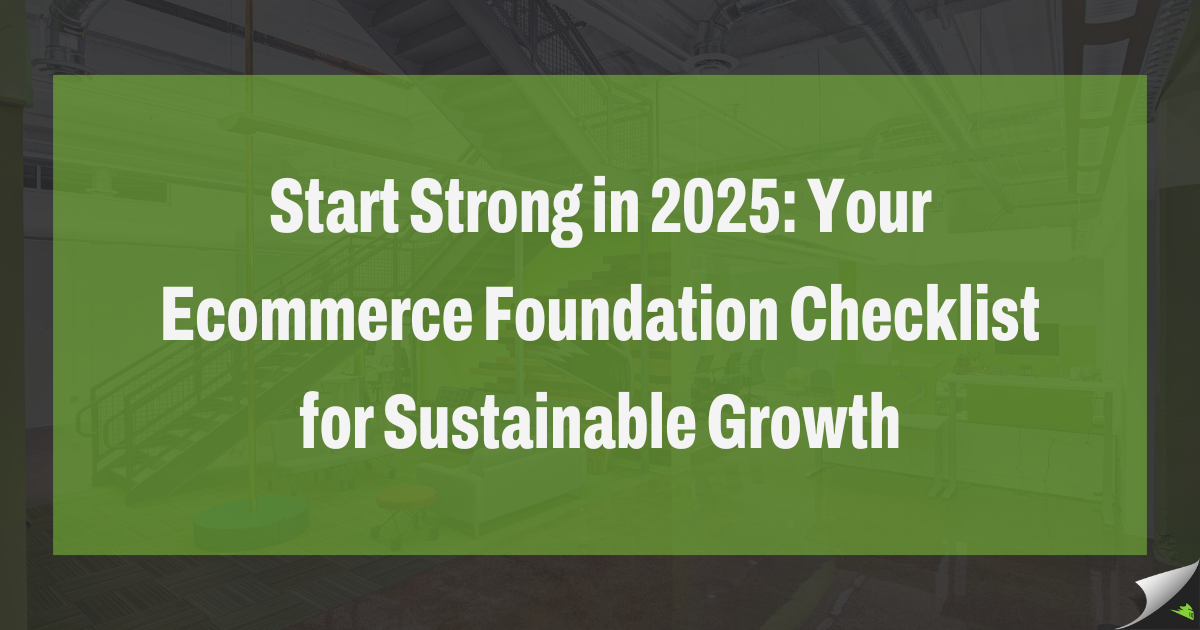
We’re kicking off the new year with a fresh approach to help you learn more from us—and about how we can help your business grow.
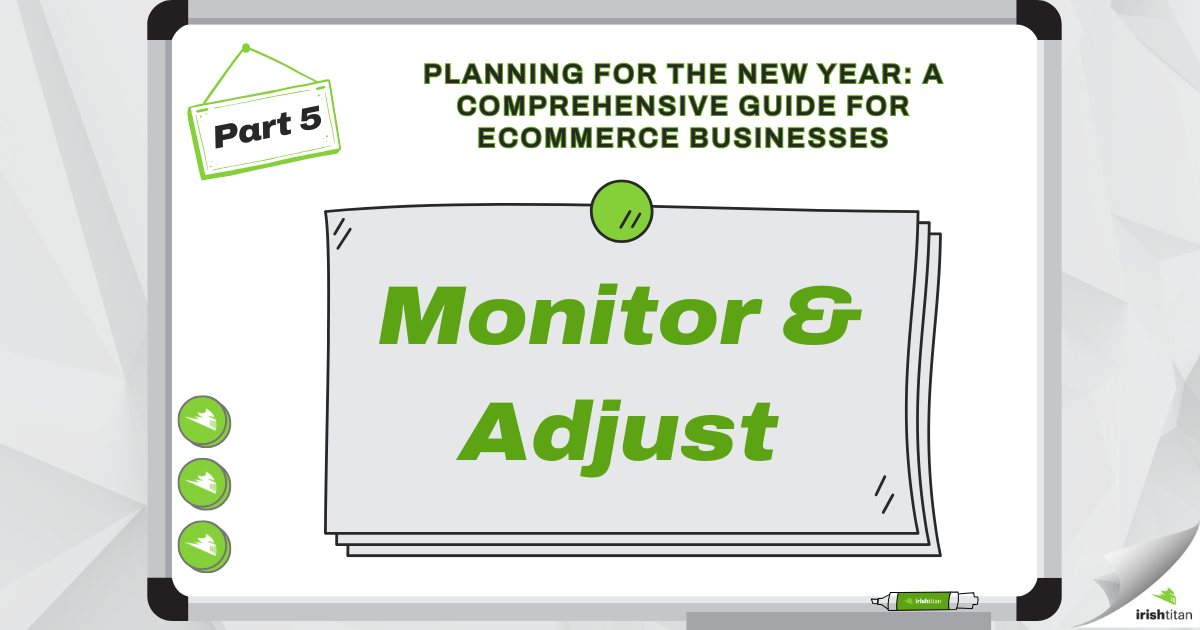
In the final part of our 2025 planning guide, we’re diving into a crucial practice for any successful ecommerce business: staying dynamic in an ever-changing market.


